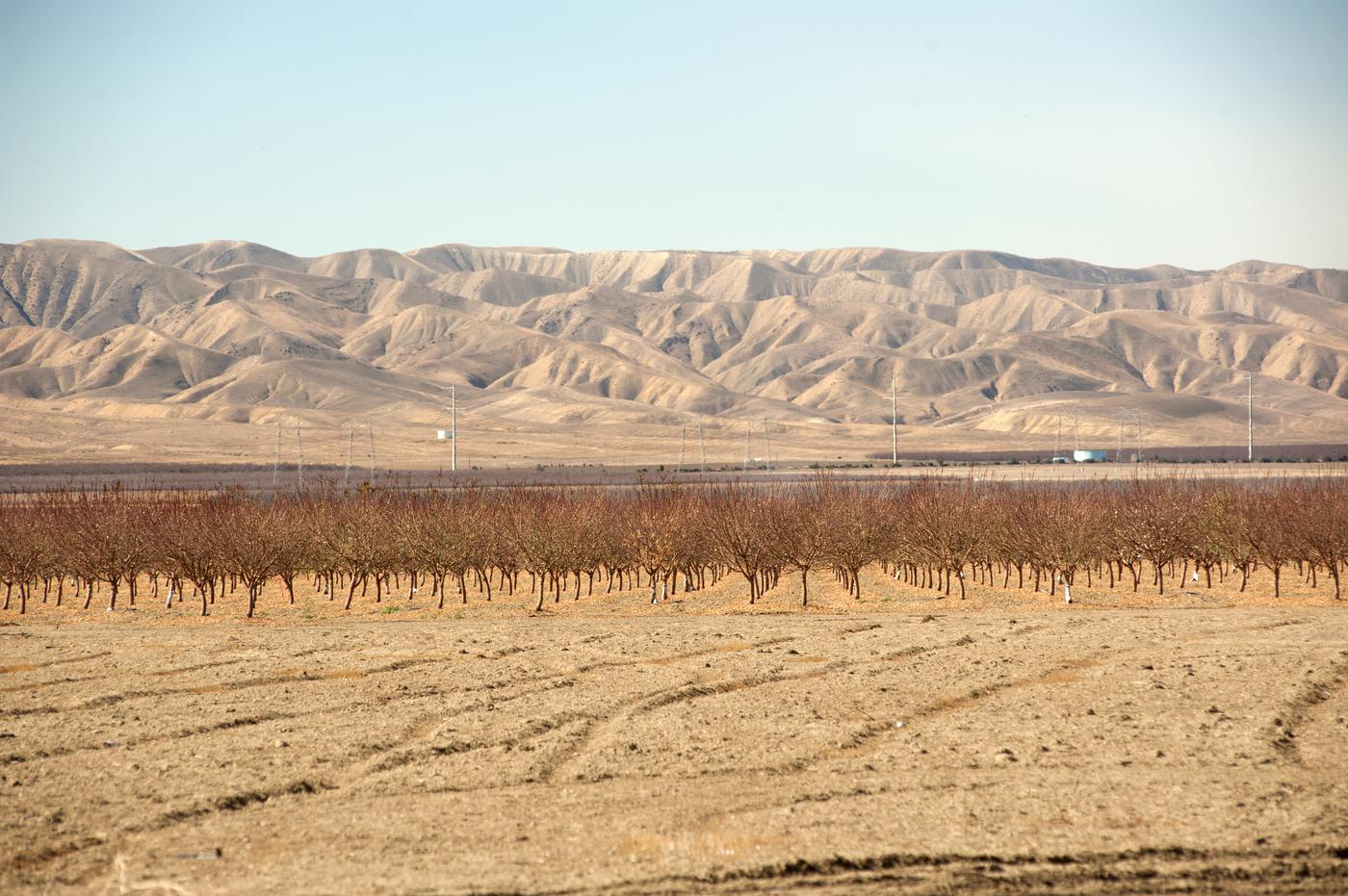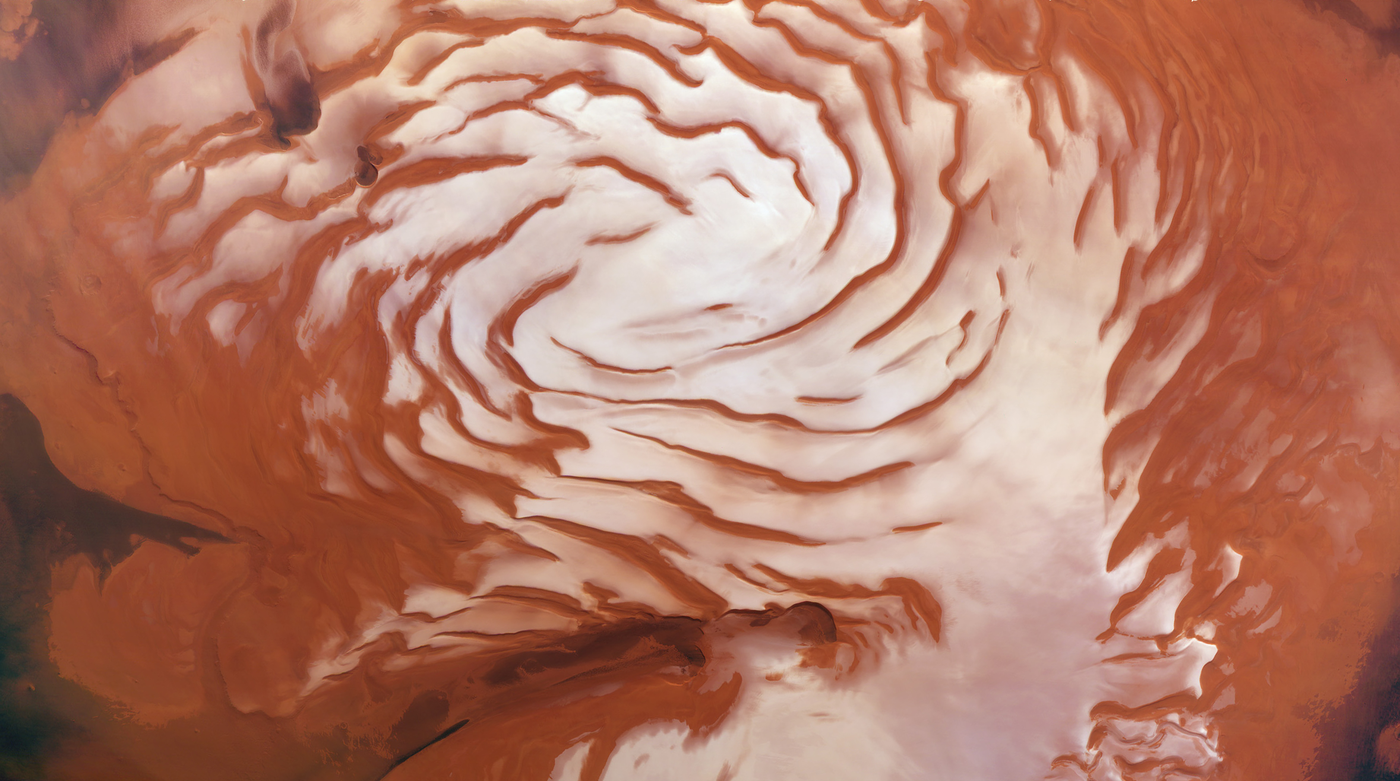What Everybody in the World Really Kills for
You know the feeling when you're hungry and want to start cooking up a good creamy butternut squash linguine with fried sage with some extra freshly grated Parmigiano-Reggiano (or just a good 'ol plain pasta, if that floats your boat - I won't be judging)? You get to work but just as you're about to fill up your pan with some burning hot water from the typical Frascati kitchen taps, you notice that barely any water comes out. And there you are: hungry for pasta, but with no water. Quite annoying, isn't it? It’s only at moments like these that you realize what a luxury our access to water is, and how much you really need it. In anticipation of tomorrow’s lecture by ‘Just A Drop’ founder Fiona Jeffery, here’s a short essay on the importance of water and why you should care.

The importance of water
Whenever astronomers find some new planet the first question asked is: "Does it have water?". Similarly, many hundreds of millions of dollars have been spent on determining what lies at the poles of Mars, which have been found to contain massive sheets of ice. And yes, we're talking massive here as these ice-poles have a combined volume of more than 5 million cubic kilometers of frozen water. That's so much water you could make more than 12 million million million (yes, this exists) International Standard cups of tea (and yes, that too exists).
Billions of dollars and countless hours of work have been spent on finding out these facts. Why? Because we are interested in finding life (or the possibility of it) on other planets. We look for water, because water is not only an essential ingredient for pasta, but also an essential ingredient for life. Without it, we wouldn't be walking this earth. For tens of thousands of years, water has been one of the primary concerns of living humans. We need multiple liters of water each day to survive and additional water to keep us clean. Next to that, water is required for many technological advancements, such as pottery and large-scale agriculture. For the past 10.000 years we have been cultivating the earth, which has required water. This explains why the first civilizations (roughly 5.000 years ago) were started in and around river systems, such as Mesopotamia, the Nile and the Indus Valley.
Water has been an essential part of our history, both ancient and modern. Cities have been founded because of the availability of water. Countries used rivers and seas to conquer lands and thrive in trading. Nations have been born, have grown and have risen to power because of water. However, this coin has another side. One that is not quite as shiny. The less appealing part of this history is that where some had the advantage of a water supply, others have had a disadvantage caused by the scarcity of the same resource.

Ice pole on Mars
The scarcity of clean water
Even though about 71 percent of the earth’s surface is covered in water, water for us is rather scarce. The oceans account for almost all of the water on earth and as you might know, the oceans are full of salt. As you might also know, drinking salt water is not the best idea. The salt level in seawater is about 4 times that of our body’s salt level. When you drink water this salty, your cells will start to shrink because the water is ‘sucked’ out of them due to osmosis. To compensate for this, your kidneys will be hard at work to remove as much sodium from your body as possible. You urinate the sodium out. Sounds good, but there’s a catch. Your urine is way saltier than the rest of your body, but it’s not as salty as seawater. The result: you have to pee out more water than you got in by drinking seawater. You dehydrate. And that won’t look pretty.
So, we shouldn’t drink seawater. What we should drink is clean, filtered water. The problem is that there’s awfully little available. Only 0.014% of the water on our blue planet is both fresh and easily available. Let that sink in. Just 0.014% of all the water we have is useful for us. Living in a developed country like the Netherlands, it is easy to forget how little of a necessary resource really is available on our planet. So long as people don’t understand the urgency of this problem, they probably won’t do something about it. Meanwhile, more than two billion people struggle to get a steady supply of water throughout the year. As a result, many are forced to make do with dirty water. This results in a death toll of two million people every year - by diarrhea alone. With many more people being at risk of similarly deadly diseases due to poor water quality and supply, this shows the urgence of the issue.

Troubled water
Now consider the far reaching effects that a lack of water has. First, consider that many people need to travel long distances to get clean water. We’ve all seen the images of young children and old women walking for miles (for many for up to twelve kilometers each day), just to get some water. But even if you were to drive those distances, it would still mean you are wasting many hours a week for something as basic as a glass of water.
Now think about food for a second. I started this article off with a delicious creamy butternut squash linguine. But to cook up that delicious meal, you not only need water, you also need a bunch of foods that had to grow first. And in order to grow these crops, you need? You guessed it: water. And there you go, another issue. If you live in a dry area and need to walk six kilometers before you have clean water, you can’t expect the clean water to fall out off the sky (that’s why it’s called a dry area). As a result, the people living in such dry areas do not only experience a dry mouth, but often also an empty one.
Meanwhile, the environment is often polluted or deteriorated, usually as a result of industrial waste, the mining industry or sewage waste. In many cases, the regional governments don’t or can’t help with these issues, as they are set up in a way that is not conducive to benefiting the majority of society. The pollution of the environment often causes water supplies to be contaminated, which means they cannot be used for any effective purposes anymore, worsening social and economic situations in these areas.
Now add into the picture politics, and suddenly you have even larger problems. The groups that lack this basic water supply are usually very poor. In fact, in some cases, a lack of a water supply can cause poverty. This makes them largely unable to change much about their situation, because they have little power and lack the possibilities to improve their situation. More and more, this scarcity of water is inciting violence. In recent years, multiple reports of farmers and herders fighting -and even killing- each other have emerged. Not only does this happen, but these poor groups are easily easily subjected to the abuse of militant groups and sometimes even their own governments.

With this, I have only barely touched the surface of the issues at hand. These issues, like our oceans, run deeper than you can imagine. Only once you lack access to water, will you truly realise how important it is in your life. Not only is it vital for life itself, it also has far reaching consequences in many other facets of our society. We, humans, have spent billions on finding water on distant stellar bodies, but have neglected to look for it on our own planet. The carelessness with which we deal with poor and underdeveloped regions has severe consequences; disease, starvation and violence, to name some. And not sporadically do these end in death. In fact, billions suffer and millions die because of these circumstances. And even though clean, filtered water makes up only a small portion of earth's overall water, there is enough to provide everyone. Earth isn’t to blame for the way in which water is disproportionately provided across regions. That blame is on humans. The blame is on us.
Even though reality in this case isn't pretty, I do not want to end on a hopeless tone. Rather, we should look at what we can do. One organisation that does something about water scarcity in poor and undeveloped regions is Just A Drop, the organisation to which all Civitas proceeds collected this year will go. Tomorrow (Thursday November 22) at 18.00, the founder of this organisation, Fiona Jeffery, will give a lecture about these issues and her experiences. This is a golden opportunity, as she is coming all the way from London for this. At the lecture you can learn more about development work and afterwards there is the possibility to ask her questions and strike up a conversation, so you can ask her what you can do to help. For the price of a glass of water you can join: https://www.caerus-ucg.com/upcoming-events/just-a-drop-founder-fiona-jeffrey-presents-transforming-lives-wi
//Yoram
Don’t miss out.


